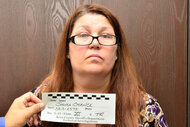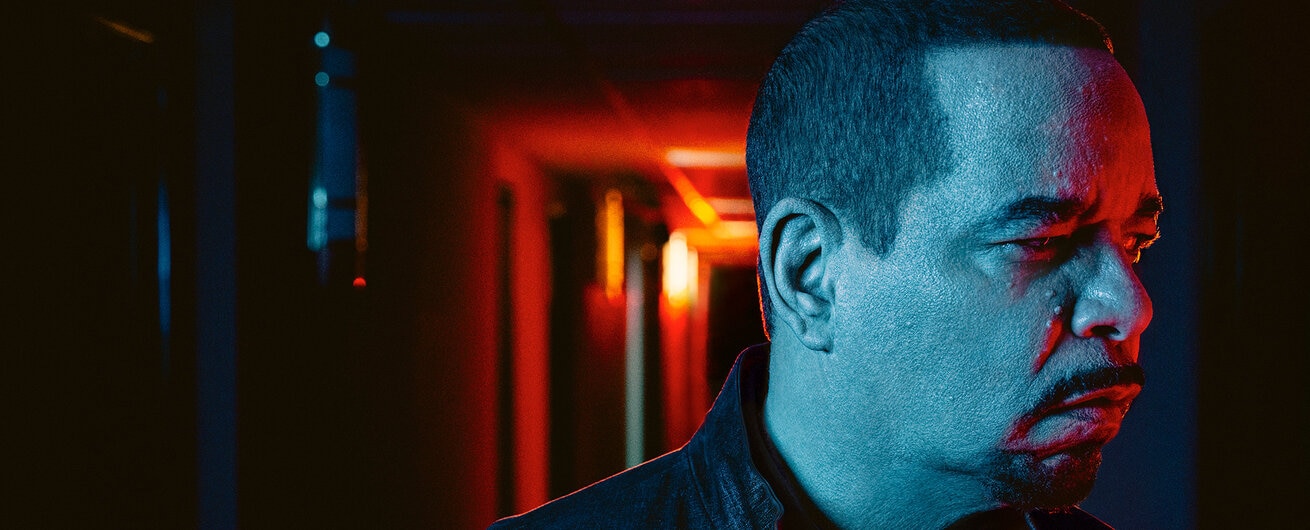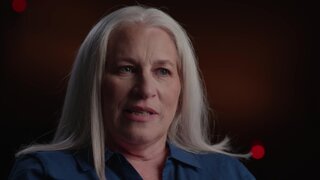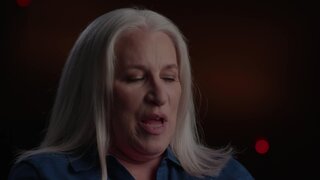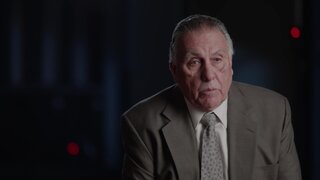Create a free profile to get unlimited access to exclusive videos, breaking news, sweepstakes, and more!
Woman's Relationship With Slain Memphis Cop Was Not How She Described It To Police
Monique Johnson initially told investigators her relationship with Memphis Police Officer Tony Hayes had no issues, but that couldn't have been farther from the truth.
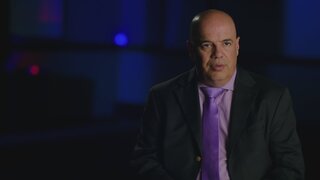
After Memphis Police Officer Tony Hayes was determined to be missing on Sept. 4, 2006, one of the first people investigators spoke to was his girlfriend at the time, Monique Johnson.
“We asked Monique about her relationship with Tony, [and] it was one of those situations where everything was just fine. They didn’t have any issues,” Lt. Tony Mullins, of the Memphis Police Department, said in the latest episode of Oxygen’s true crime anthology, “In Ice Cold Blood.” She also denied any knowledge of his disappearance.
It turned out that Johnson's characterization couldn’t have been farther from the truth. In reality, even though they had a lot in common — both were in law enforcement, for instance — Johnson and Hayes’ relationship was marred by jealousy and distrust, and eventually ended in Johnson shooting Hayes six times, stuffing his body in the trunk of his Lexus and leaving it parked at an apartment complex for several days.
After Johnson was arrested and charged with Hayes’ murder, she went on trial almost two years later, in February 2008.
“The courtroom was packed with police officers, citizens, family and his ex-wives. That tells you a lot about what kind of person [Tony] is,” Patience Branham, a former prosecutor at the Shelby County District Attorney’s Office, said in the episode.
Even though Hayes was known as being a trustworthy family man with a lifetime of service behind him — he also served in the United States Marines Corps — Johnson attempted to frame her actions as self-defense against an abusive partner.
"My name is Monique Johnson,” defense attorney Arthur Horne told jurors in his opening statement, assuming his client’s identity, according to a Feb. 13, 2008, article in The Commercial Appeal newspaper. "I'm a mother of two and a grandmother of one. I'm a victim of domestic abuse ... I shot him defending myself. For the first time, I stood up to him. I was scared. I didn't know what to do."
The shooting was apparently spurred by an early-morning text message Hayes received from a female friend, who asked if he wanted to go jogging. Johnson and Hayes began to argue, and then, she said, Hayes followed her back to her home and started violently beating her in the garage. Johnson said she shot Hayes in self-defense, then enlisted the help of her 16-year-old son, Donald, to get the body in the trunk of the Lexus. Johnson and her son got a meal and saw a movie after dropping the car off at a parking lot.
But, as her trial went on, inconsistencies in the story began to emerge.
"She waffled several times, and changed her story and said her son shot Tony," Sgt. Connie Justice told the jury, according a Feb. 14, 2008, article in The Commercial Appeal. "Then, she changed again and said she shot Tony. That was consistent with the evidence we had."
Eventually, Johnson stated that she shot Hayes because she wanted out of an abusive relationship. She said that, several months after meeting Hayes in 2005, she learned that he was still married — and also, apparently, seeing other women.
"I told him to leave, and he said he wasn't going anywhere," Johnson told the court. "He shoved me, and I saw the gun and I pointed it at him. I was shaking and I said, 'Would you please leave?' He said, 'You won't shoot me.' I told him to leave, and he turned his back and then took one step toward me, and that's when I started shooting. I thought he was going to beat my ass. I just kept pulling the trigger."
Although Johnson was on trial for first-degree murder, she ultimately received a reduced charge of reckless homicide and was given a four-year suspended sentence.










